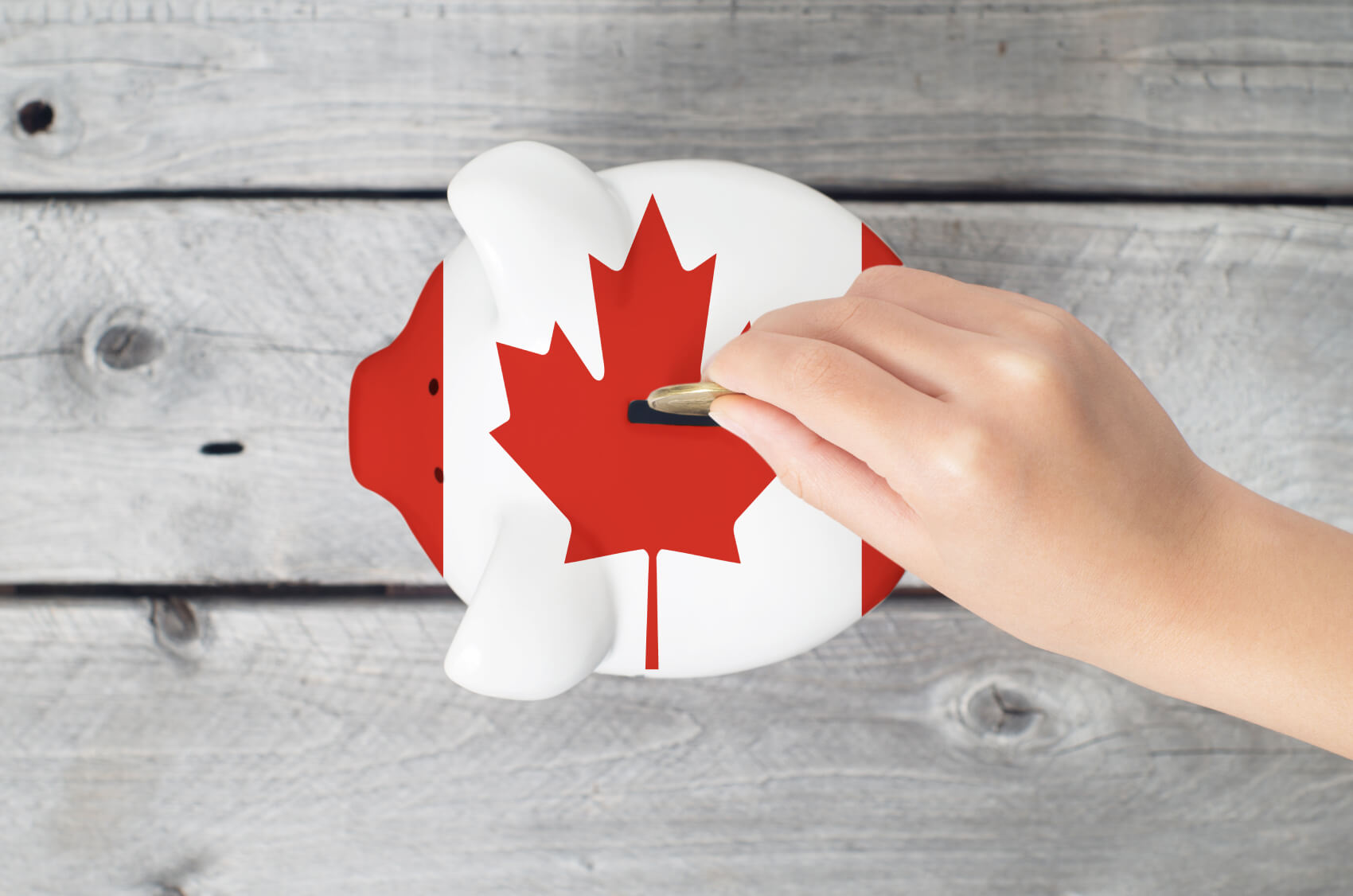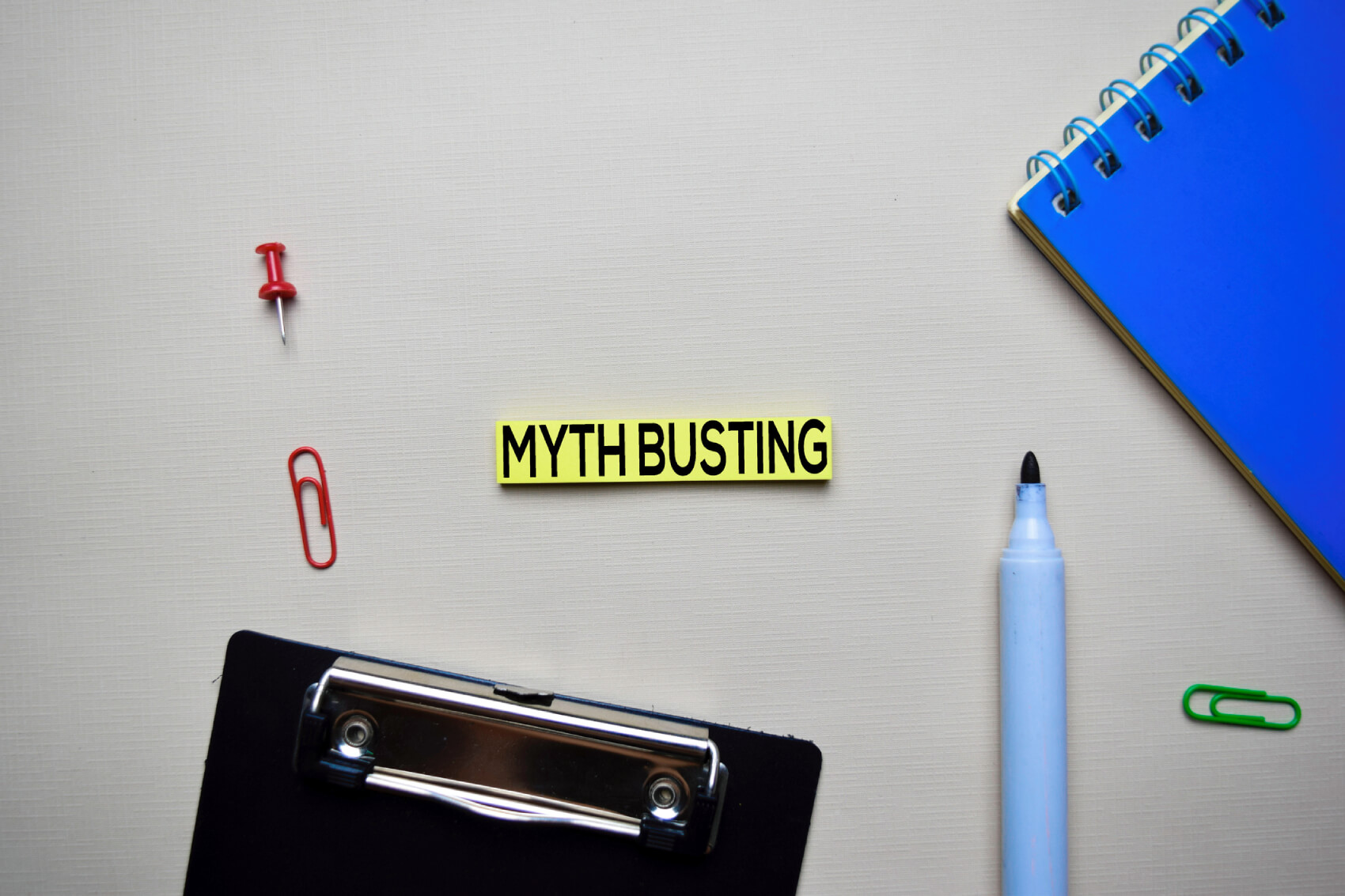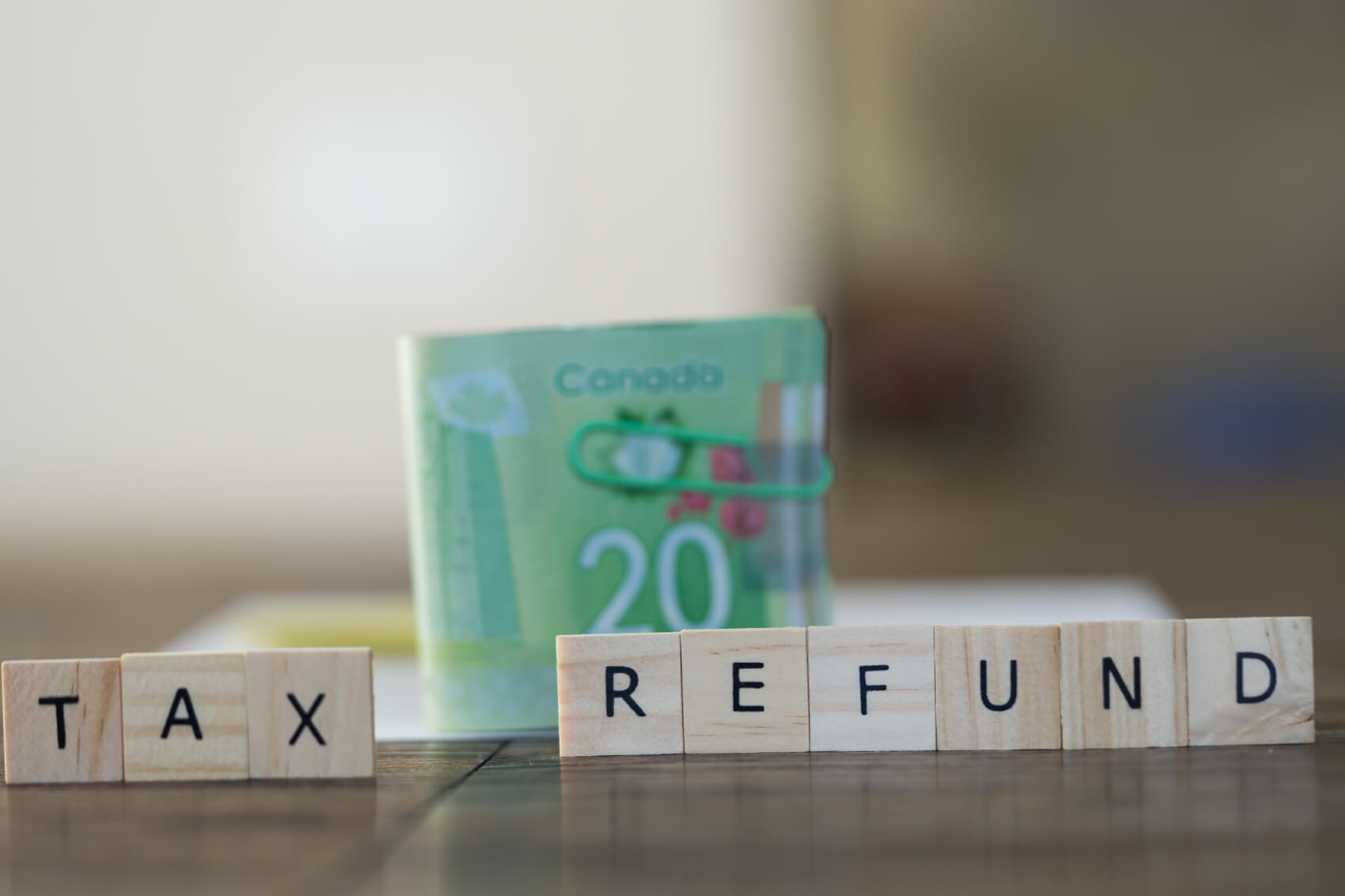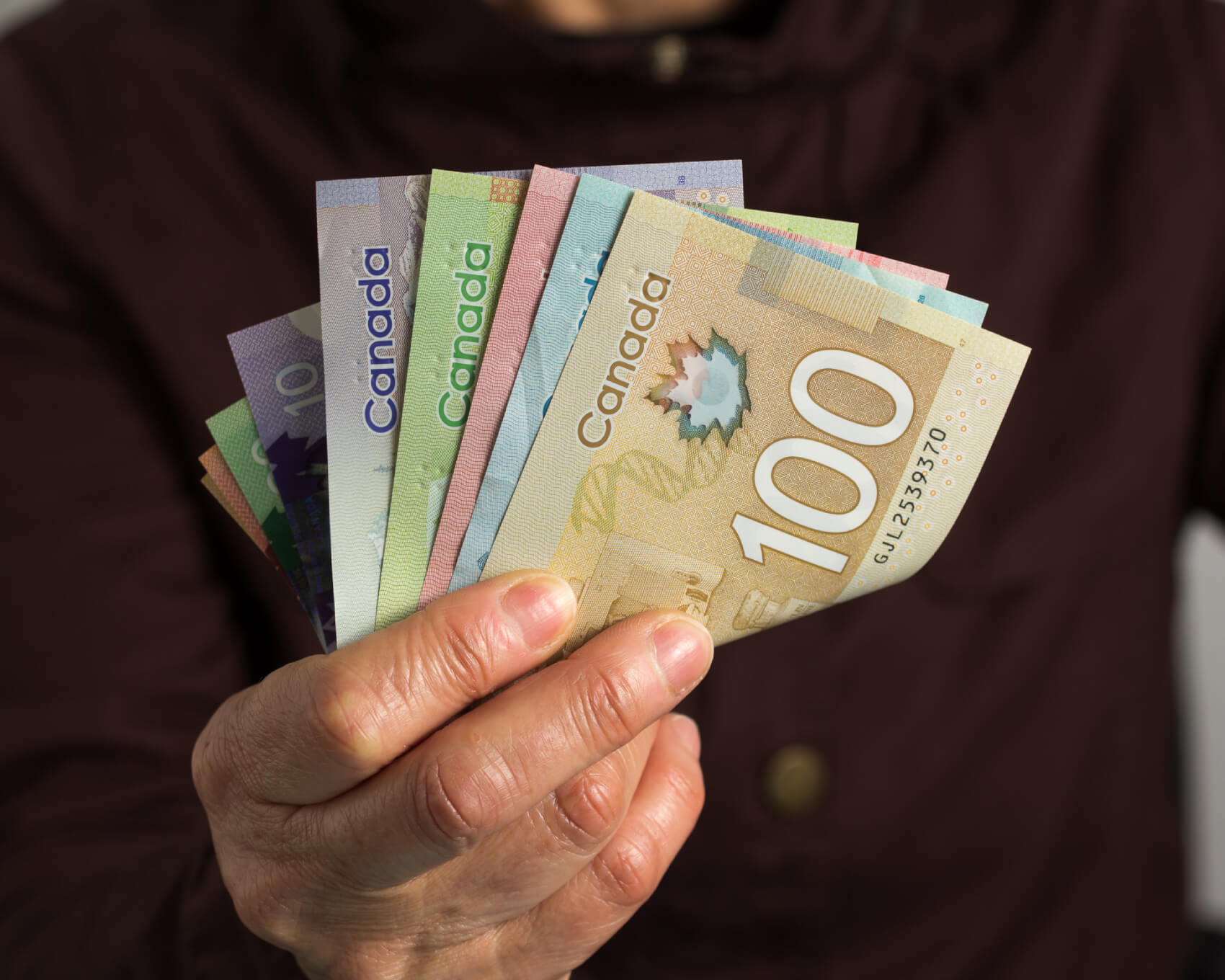
Chances are that if you’re in Canada on a Working Holiday Visa, you’ve probably gone and got yourself a job. If that sounds like you, keep reading. It’s about to get interesting!
- Did you earn a regular wage?
- Did you pay tax?
- Did you pay any expensive medical bills that you’re insurance didn’t cover?
- Did you work more than two jobs?
If so, you may be due a tax refund. Get prepared for the upcoming tax season by reading about some tax tips and myths from Taxback!
Top 5 Canadian Tax Myths For Visa Holders
1. I am not required to pay tax on my bonus and rewards
Personal bonuses, trips, prizes, and awards must all be added to your income. Fortunately, most taxable benefits will be included in your statement of employment, but if you’re unsure, consult with a professional.
2. I am more likely to be audited if I file my taxes online
This is not true. When you file your tax return online, the CRA may request that you mail in supporting documents, such as tax slips, because it is not always possible to submit such supporting documentation, such as tax slips, online.
However, in terms of complexity and the level of supporting documentation required, this is very different from an audit. So, don’t worry!
3. Everyone in Canada hates doing their taxes!
This is not always the case. While it may appear that taxes are the bane of everyone’s existence, a recent poll conducted by Reuters in collaboration with a major tax software provider found that nearly half of the 1,009 people polled don’t mind filing their tax return. Do you know why? Because many working holidaymakers actually received a tax refund each year!
Read Also:
CANADIAN TAX FILING DEADLINE | KEY DATES EXPLAINED

4. Employment insurance Income earned while on maternity leave is not subject to taxes
That is not true – all benefits received for almost any reason are taxed. It’s always a good idea to double-check that you’ve paid the correct amount of tax on your benefits, as the lowest tax rate is often automatically applied to these payments, but you could owe more.
5. To stay in a lower tax bracket, you should refuse wage increases
It’s a common misconception that if you accept a raise that moves you into the next tax bracket, all of your income will be taxed at a higher rate. However, this is not the case. Only income above the next bracket’s tax threshold is subject to the new tax rate. All of your income earned below the higher tax bracket is taxed at a lower rate.
Sign up to our FREE Jobs Kit which gives you access to tonnes of information, including Top 100 Canadian employers, Resume templates and more!
Top 5 Canada Tax Tips
1. Keep a record of everything for at least 6 years
This is more about minimizing pain if you are audited by the CRA. So, what should you keep for six years after you file your documents?
We would like to advise you to keep all of the previously mentioned income tax slips. If you are self-employed, you must also keep receipts for expenses for which you claim deductions (e.g., entertainment, utilities, and other costs associated with working from a home office).
Check out our detailed article on Canadian tax records for more information.
2. Take advantage of your credits
A credit is an expense that you can claim that differs from a deduction in that it does not reduce your income. Instead, credits are applied at predetermined rates to taxes owed. A $500 credit, unlike a deduction, does not equal $500 off your taxable income.
Tax credits, as opposed to deductions, reduce the amount of tax owed rather than the amount of taxable income. These are deductions that you may be able to claim when you file your income tax return.
Some examples of credits are – medical credits, interest paid on student loans, and charitable donations.
3. Claim your Canadian Tax Refund
Many seasonal workers leave Canada without claiming their tax refund and taking their money back. Do not make this mistake.
Simply, file a tax return and claim your refund this way. If you do not like the prospect of dealing with tax papers and documents, simply get in touch with a tax professional like Taxback and their tax experts will help you to claim your refund. They have more than 25+ years of experience in dealing with international taxes. So, don’t leave your money behind!

4. Claim your allowable expenses
Remember that a tax refund is not a gift from the government. It’s your cash! They’re simply holding it for you. By claiming allowable deductions, you can get the full amount оf the tax refund you deserve.
Don’t forget also your home office expenses if you work from home.
5. File your taxes on time with the help of a tax professional
Self-employed individuals have until June 15 to file their taxes; however, if you owe money to the Canada Revenue Agency (CRA), you must pay your tax bill by April 30 to avoid late fees.
If you file after the June 15 deadline, you will be charged a 5% late penalty and 1% interest per month thereafter, according to the CRA website.

I left Canada, can I still file my tax refund?
Taxback can file your tax return no matter where you are. They can also transfer your tax refund to you anywhere in the world. Contact them now to get started and get your Canadian tax refund.
Find this useful? Share on Facebook with your friends!
Updated On: 16.11.2022




